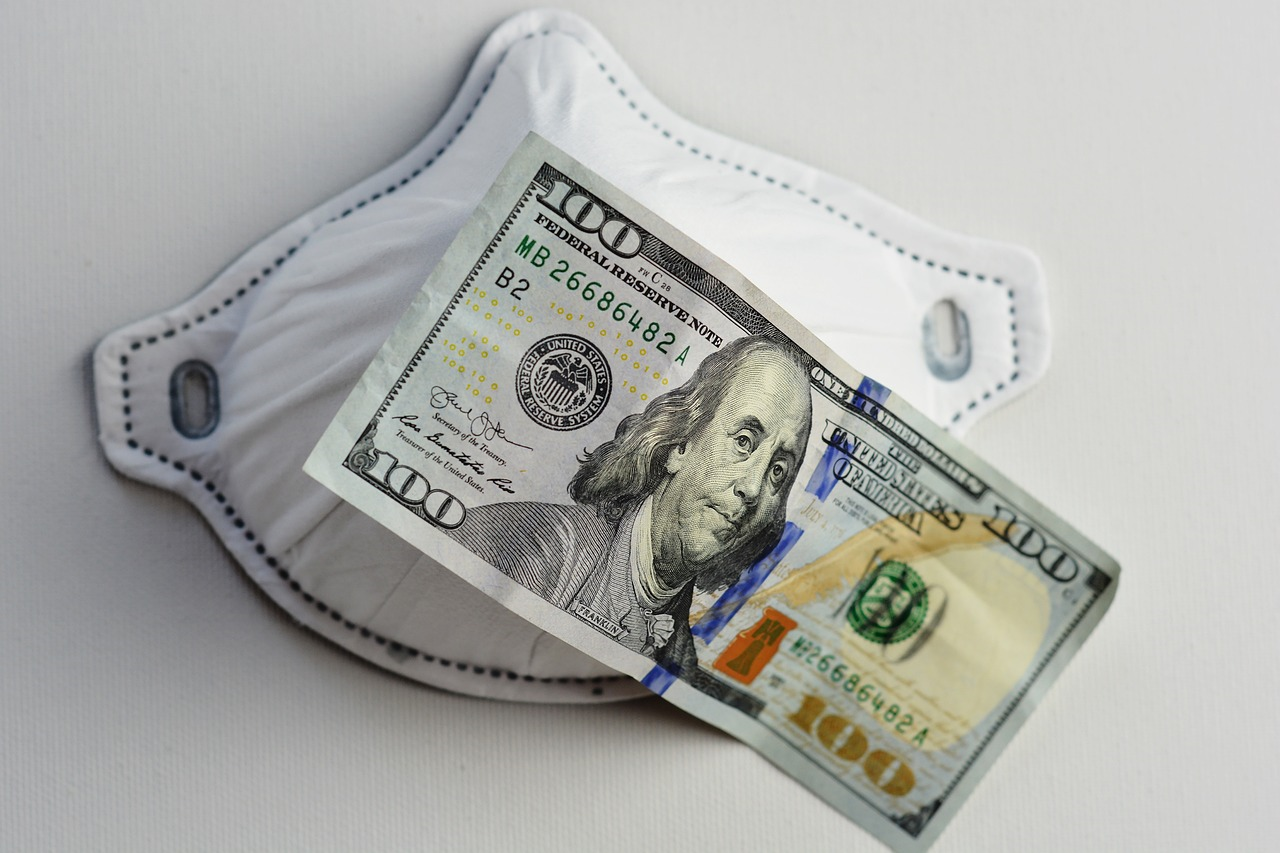Unit 1: Lesson 5: Healthcare Payments
Lesson 5: Healthcare Payments

Lesson 5: Healthcare Payments
The blood of a two-week-old infant is collected for a Phenylketonuria, or PKU, screening.
Healthcare systems are financed in a variety of ways. In most countries, a combination of these keeps the healthcare system running and provides medical help to individuals. However, the exact makeup of healthcare finance will differ from country to country depending on factors such as services offered, politics, and the economics of the country and individual taxpayers.
Some healthcare systems are financed through taxation. In other words, the government collects taxes from individual taxpayers and uses a portion of those taxes to pay for certain healthcare services. For example, in the United States, some tax money is distributed to the National Institute of Health or other federally approved research studies on various illnesses. In other cases, certain health services are provided to all country citizens as part of a universal healthcare program established by the government. Taxes also fund these systems, and every citizen has free and equal access to medical care.
Another financial means of funding healthcare is through social insurance programs. Generally, social insurance programs are run by the government and paid for through taxes, and the program serves a specific population within the country. In the United States, for example, Medicare provides health insurance to individuals who are over the age of 65, those who are younger than 65 but have a permanent disability, or those who meet specific qualifications (such as having end-stage renal disease). Medicare pays for a portion of health services costs for individuals enrolled in the program.
Private health insurance provides another means of funding the healthcare system. Individuals purchase private insurance; in exchange for monthly fees, the insurance company agrees to pay for healthcare costs incurred by that individual, although typically, there are limits on the amount of coverage and the types of treatment the insurance will cover. Health insurance like this is usually private or voluntary since it is up to the individual to choose and pay for it.
Healthcare services are also financed through out-of-pocket payments. In other words, individuals may directly pay for some of their healthcare services. This can happen when an individual doesn't have private insurance, is not eligible for government-sponsored insurance, or when the person's insurance doesn't cover all of their treatment costs.

Finally, some healthcare services and costs may be funded through charitable donations. This may include contributions organizations use for researching specific diseases, such as heart disease, cancer, AIDS, or diabetes. It can also include donations that organizations use to help pay for specific groups of people or those receiving care at a particular hospital or healthcare site. For example, St. Jude's Research Hospital in Memphis, Tennessee, uses donations to help fund medical treatment for children with severe diseases like cancer and to fund research on these diseases.
The distribution of financing sources may influence different aspects of a country's healthcare system. In some countries, more money may be put into medical research through donations or government spending than in other countries. The availability and cost of insurance can also influence how many individuals receive preventative care and from what locations they receive it. Financing can also impact individuals' treatment for their diseases and illnesses. In cases where a particular treatment may not be covered by insurance or funded in another way, patients and doctors may have to negotiate alternative treatment options.
